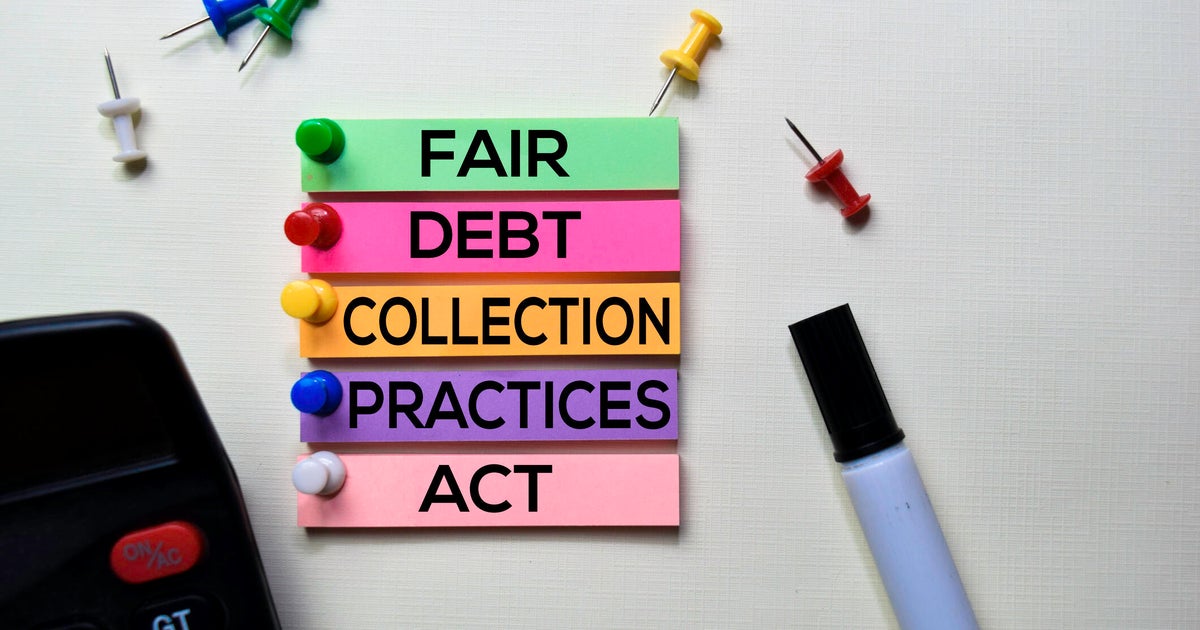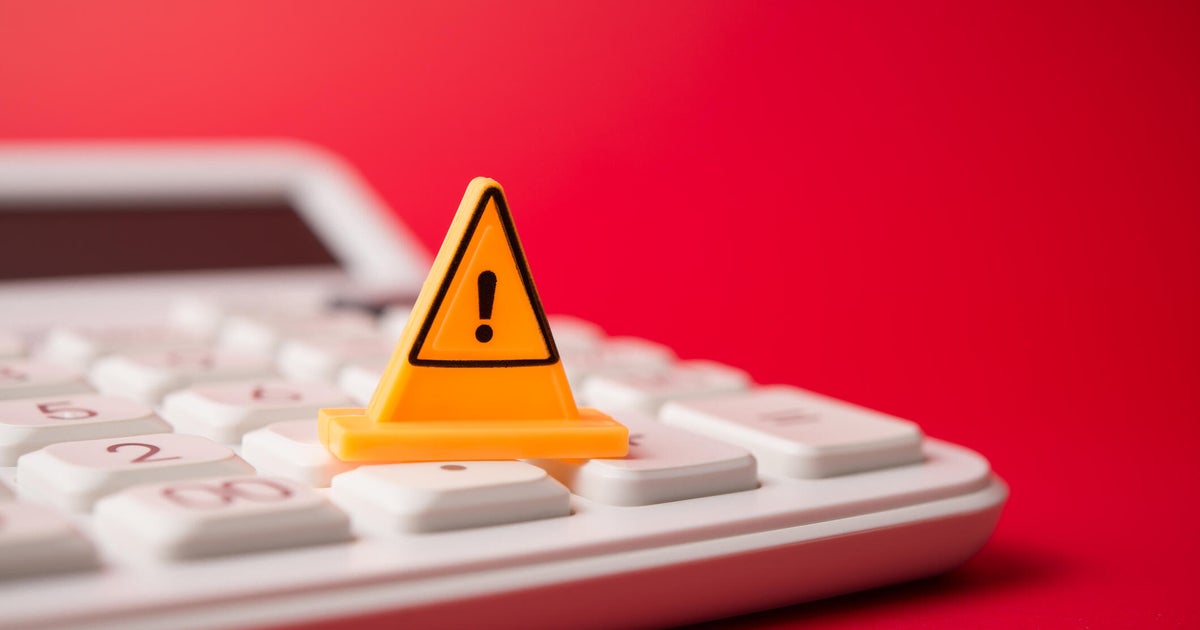Can you remove collections from your credit report without paying?
Having a collection account on your credit report can feel like a heavy burden, as it can significantly impact many areas of your life — and your finances — including your ability to secure loans, rent apartments or even land certain jobs. In fact, one of the most damaging marks on a credit report is a collection account, so if this issue comes up, it's important to try and tackle it as quickly and effectively as possible. Otherwise, you could end up paying a hefty price, both literally and figuratively.
So how can you get rid of debt that's gone to collections? Well, it depends. Debt collection agencies often insist that making a full payment is the only way forward. While paying off the old debt is one way to get rid of it, you should know that there are legitimate methods to address collection accounts — some of which don't require immediate payment. Using one of these methods can buy you some time to figure out what the best approach is for your unique circumstances.
But is it possible to remove a debt collection account from your credit report without paying at all? It could be. Here's what you need to know.
Learn what your debt relief options are now.
Can you remove collections from your credit report without paying?
Removing a collection from your credit report without paying it off can be challenging, but it's not impossible. The first step is to understand your rights under the Fair Credit Reporting Act (FCRA). This federal law governs how consumer credit information is collected, reported and disputed. Under the FCRA, you have the right to dispute any inaccurate, outdated or unverifiable information on your credit report.
For example, if the collection account contains errors, such as an incorrect balance, the wrong dates or even being attributed to the wrong person, you can file a dispute with the credit bureaus. Upon receiving your dispute, the bureau is required to investigate the claim. If the collection agency cannot verify the accuracy of the information within 30 days, the credit bureau must remove it from your report. This approach works only for inaccuracies, though, not valid debts.
There are other methods that you can use to try and remove collection accounts from your credit report without paying. These include:
- Waiting out time-barred debts: Collection accounts should automatically fall off your credit report after seven years from the date of first delinquency. If a collection appears beyond this timeframe, you can dispute it.
- Disputing debts caused by identity theft: If the collection resulted from identity theft, file a police report and dispute the entry with credit bureaus. You aren't legally responsible for paying fraudulent debts.
- Asking for a pay-for-delete agreement: Another potential strategy is negotiating a "pay-for-delete" agreement. While this involves making a partial or full payment, some collection agencies may agree to remove the negative mark in exchange for payment. Keep in mind, though, that pay-for-delete agreements are not guaranteed and are often against the policies of major credit bureaus.
- Pursuing debt forgiveness: Debt forgiveness (i.e. debt settlement) is another avenue to consider. This involves negotiating with the collection agency to pay a portion of the debt in exchange for marking the account as "settled" on your credit report.
Speak to a debt relief expert about the help available to you.
Is paying off debt in collections worth it?
Paying off collections won't automatically remove them from your credit report, but it can still be beneficial in many cases. Here's why:
- Improved creditworthiness: Some newer credit scoring models, such as FICO 9 and VantageScore 4.0, disregard paid collection accounts when calculating scores. This means paying off a collection could potentially boost your score under these models.
- Lender perception: Lenders may view a paid collection more favorably than an unpaid one. It demonstrates your willingness to settle your debts, even if you've faced financial challenges in the past.
- Avoiding legal action: Unpaid debts in collections can lead to lawsuits, wage garnishments or bank account levies. Paying off the debt reduces the likelihood of such legal consequences.
That said, if the collection is nearing the seven-year mark, you might consider whether paying it off is worth the expense. In some cases, settling the debt might revive the account, updating its status and potentially resetting the clock on its reporting period.
The bottom line
While it's sometimes possible to remove collections from your credit report without paying, the process often requires diligence, patience and a thorough understanding of credit laws. Disputing inaccuracies or negotiating pay-for-delete agreements can sometimes lead to success, but these options are not guaranteed.
Paying off or settling collections debt for less than what's owed, even if it remains on your report, can offer benefits, though, such as improved creditworthiness and protection against legal actions. Time is also on your side, as collection accounts lose their impact and eventually fall off your credit report. So, evaluate your financial goals and the specifics of your situation to determine the best course of action.




